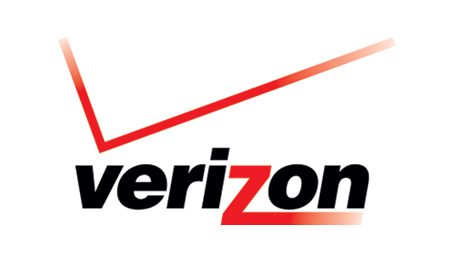Our inbox certainly shows that you all read XDA from time to time, since it has been flooded over the last two days with this story about how Verizon is “illegally” locking the bootloaders of its phones. This report claims that Big Red is violating an open access provision in Block C (their LTE frequency that was purchased for greater than $4.6 billion) by locking the bootloaders of their phones. I hate to say this, but I’m reading this legal jargon quite differently than everyone else it seems and do not believe that bootloaders have anything to do with Block C.
First let’s look at what the piece of this open access provision states that has everyone all heated:
“Use of devices and applications. Licensees offering service on spectrum subject to this section shall not deny, limit, or restrict the ability of their customers to use the devices and applications of their choice on the licensee’s C Block network, except…”
And that exception reads as follows:
Insofar as such use would not be compliant with published technical standards reasonably necessary for the management or protection of the licensee’s network…
So this may just be my negativity, but I would put money on Verizon arguing and producing a document having to do with security and bootloader unlocking. You see, it states right there that they cannot limit the use of one’s phone unless they deem that service to be a liability to the protection of their network. Since we all know that “security” seems to be the reason for locking up a phone, then there is your exception to the rule. Remember that these things are vague and companies like Verizon use that to their advantage.
The second part of this story has to do with “locking” of phones and reads as follows:
Handset locking prohibited. No licensee may disable features on handsets it provides to customers, to the extent such features are compliant with the licensee’s standards pursuant to paragraph (b)of this section, nor configure handsets it provides to prohibit use of such handsets on other providers’ networks.
I hate to break this to everyone, but “locking” in this scenario has nothing to do with bootloaders. We are talking network access here which means they are referencing a phone that can access multiple frequencies or another carrier’s network. “Locking” and “unlocked” mean two different things these days. For most people, an unlocked phone has to do with one that works on another carrier’s network (like my Euro Galaxy S2 that works on U.S. AT&T). To hackers and ROM developers, it means a bootloader. Everyone is just confused here. An “unlocked” phone in this situation falls under that first category and means that Verizon cannot lock its phones from working on another network (this is not a bootloader situation). Since their are currently no other networks to my knowledge that have access to their LTE frequency, they shouldn’t have a problem doing that.
Everyone follow that? Now, as I stated above, these things are vague and I’m pretty sure my interpretation is about the 4th or 5th different take. What I would say, is that if you are angry with the whole situation, then feel free to submit a complaint to the FCC as has been suggested. Who knows, maybe they will end up siding with the bootloader crowd at some point.

Collapse Show Comments120 Comments